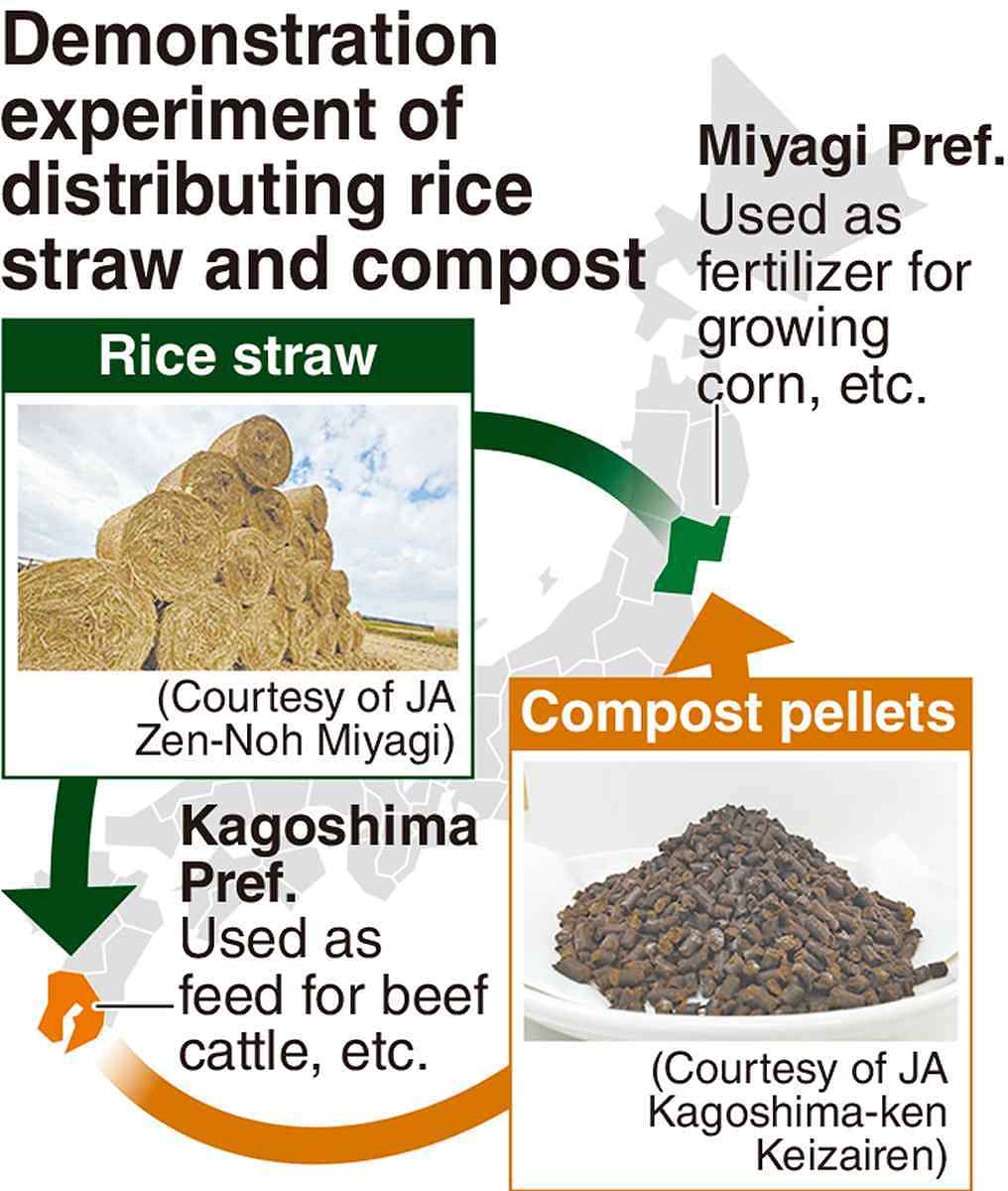In the relentless pursuit of progress and prosperity, the quest for energy stands as one of humanity’s greatest challenges. Chemistry, the science of matter and its transformations is at the forefront of this endeavor, playing a pivotal role in how we generate, harness, and consume energy. In this article, we embark on a journey to explore the intricate relationship between chemistry and the energy that powers our danatoto world.
**1. Fossil Fuels: The Chemistry of Combustion
Fossil fuels, comprising coal, oil, and natural gas, have been the cornerstone of global energy production for centuries. Understanding the chemical reactions that occur during combustion is essential for maximizing energy extraction from these non-renewable resources.
**2. Nuclear Energy: Harnessing Atomic Reactions
Nuclear energy relies on the controlled fission of atomic nuclei to release vast amounts of energy. Chemistry plays a critical role in the design of nuclear reactors, the fuel cycle, and the safe management of radioactive materials.
**3. Renewable Energy Technologies
The transition towards a sustainable energy future hinges on renewable technologies. Chemistry drives innovations in solar cells, wind turbines, and energy storage systems, offering environmentally friendly alternatives to traditional fossil fuel-based energy sources.
**4. Bioenergy: Harnessing Nature’s Chemistry
Bioenergy encompasses a diverse range of technologies that leverage biological processes to produce energy. From anaerobic digestion to biofuels production, bioenergy technologies rely on the intricate chemistry of living organisms.
**5. Battery Technologies: Electrochemistry at Work
Batteries, essential for storing and utilizing electrical energy, rely on electrochemical reactions. Advances in battery chemistry are paving the way for more efficient and long-lasting energy storage solutions, revolutionizing portable electronics and electric vehicles.
**6. Fuel Cells: Electrolytic Power Generation
Fuel cells, electrochemical devices that convert chemical energy directly into electrical energy, hold immense potential for clean energy production. Chemistry is instrumental in developing efficient catalysts and materials for fuel cell technologies.
**7. Hydrogen as a Future Fuel: Chemical Potentials
Hydrogen, the most abundant element in the universe, has emerged as a promising clean energy carrier. Chemical processes for hydrogen production, storage, and utilization are at the forefront of efforts to establish a hydrogen-based economy.
**8. Energy Efficiency and Green Chemistry
The principles of green chemistry, which prioritize efficiency, safety, and minimal environmental impact, are integral to advancing sustainable energy solutions. Innovations in materials and processes driven by green chemistry principles are enhancing energy efficiency across industries.
**9. Carbon Capture and Storage (CCS): Mitigating Emissions
Chemistry is central to the development of technologies that capture and store carbon dioxide emissions from industrial processes and power plants. CCS technologies are crucial for reducing greenhouse gas emissions and mitigating climate change.
**10. Challenges and Opportunities: Shaping the Energy Landscape
As the world grapples with the urgent need for sustainable energy solutions, chemistry stands as a linchpin in this endeavor. Challenges such as energy storage, grid integration, and materials development will continue to drive research and innovation in the field, offering boundless opportunities to shape the future of global energy.
Conclusion: Chemistry’s Enduring Impact on the Energy Frontier
The intertwined relationship between chemistry and energy is a testament to the power of scientific discovery and innovation. From ancient combustion processes to cutting-edge renewable technologies, chemistry continues to drive the evolution of our energy landscape. By harnessing the principles and insights of chemistry, we forge a path towards a more sustainable and prosperous danatoto future for generations to come.











